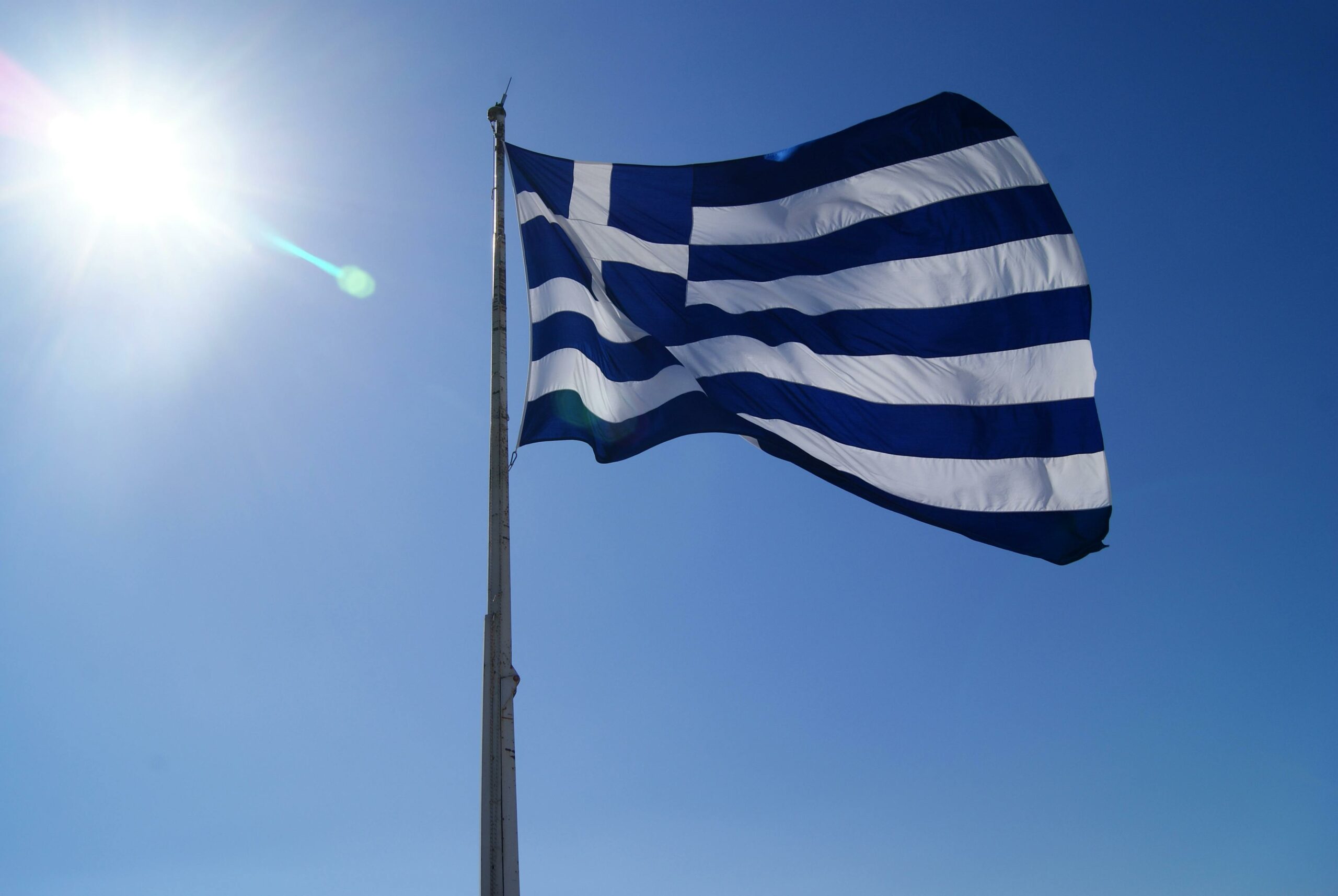Today, we honour one of the most heroic moments in modern Greek history: 28th of October, 1940. On this day, Greece stood up bravely against fascism and proudly said “NO” to a threat of invasion. Prime Minister, Ioannis Metaxas, refused to surrender to the Italian ultimatum, thus sparking a courageous fight for freedom, dignity, and the future of the nation.
Greece’s choice to resist was not easy. At the time, fascism and nazism had already taken over many European countries, including Austria, Czechoslovakia, Poland, and France. Yet, despite being a small nation with limited military power, Greece chose to fight rather than submit. The brave victories in the mountains of Pindos and on the Albanian front are remembered as some of the greatest moments in world history, highlighting that the desire for freedom can be stronger than any military force.
Greece’s resistance to fascism—and later nazism—had a major impact on the war. Greece delayed Hitler’s plans, giving the Allies valuable time to regroup and eventually defeat the Axis powers. The courage shown by the Greeks inspired other nations, proving that freedom is a principle worth fighting for- no matter the cost. The “NO” of October 28th wasn’t just a word—it was a powerful statement that resonated across the world, serving as a symbol of defiance against tyranny, and a reminder that small nations can change the course of history through unity and resilience.
However, learning about history is not only about remembering past victories—it is about understanding how we can face the challenges of today and plan for tomorrow. Even 84 years later, the values the Greeks fought for remain just as important. The 28th of October is not only a day to remember; it is a day to reflect.
From this heroic past, we have gained important lessons for the future. October 28 is more than a national holiday—it is a symbol that reminds us to protect the principles of freedom, justice, democracy, and human rights. It teaches us that we must always defend these values with courage, no matter how the threats present themselves. Then, the threat was fascism and nazism. Today, the dangers may be more insidious and harder to see, but we must still recognise them and fight against them. The threats we face now may come in the form of extremism, intolerance, or oppression- sometimes lurking in our own societies. But we must always remember that democracy and justice – although so important- are fragile, and thus they need constant protection. Every generation must do its part to stand up against those who threaten these fundamental principles. When we protect our freedom and human rights, we protect the future of our society.
The unity of the Greek people during those difficult times is another key lesson reflected in today’s commemoration. The soldiers who fought on the front lines, the women who supported them, the artists who inspired the nation, and the leaders who took action together—all these people together showed that only through unity can a nation overcome hardship. When we stand united, we can achieve anything. However, when we are divided, we risk falling apart, as we sadly witnessed after the heroic resistance and liberation from the triple occupation in 1944, when Greece faced civil conflict.
The Greece of 1940 left us a powerful legacy: the example of a people who chose to stand up against oppression and say “NO” to tyranny. This legacy is more than a point of pride—it is a reminder for us to act. It calls on us to keep fighting for a better world—a world where freedom, equality, and human rights are protected for everyone.
So, as we remember the heroes of 1940, let us not only honour them but also take on the responsibility to continue their fight. Their courage challenges us to ask: What can we do today to protect these values? How can we honour their legacy and ensure that we continue to defend freedom, justice, and democracy in our time?
The answer lies in our unwavering commitment to these principles, in the small choices we make each day, and in our collective resolve to build a better future. It is through our actions—both big and small—that we can ensure the ideals they fought for continue to thrive. By standing up for what is right, by speaking out against injustice, and by working to uplift those around us – this is how we carry forward their legacy. We are the guardians of these values now. And just as they answered the call of their time with courage and conviction, we too must rise to the challenges of ours. Together, we can create a world where freedom, justice, and human dignity are not just ideals but realities for all. The torch has been passed to us—may we hold it high and keep it burning bright.
Nicolas Artemis, Deputy Head of School



